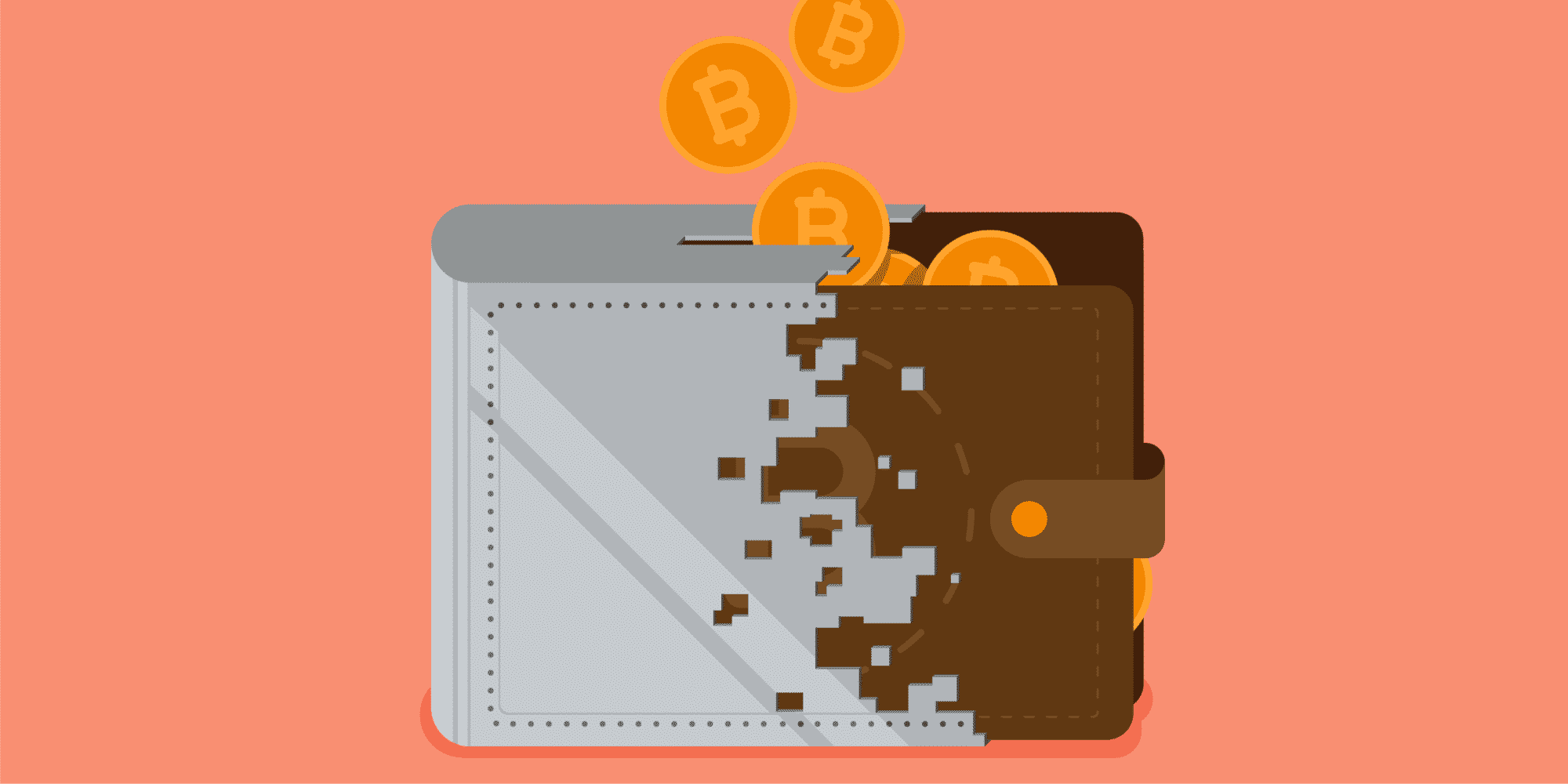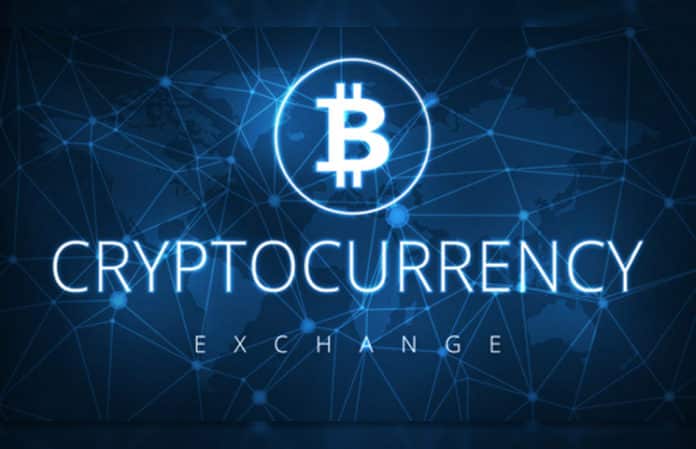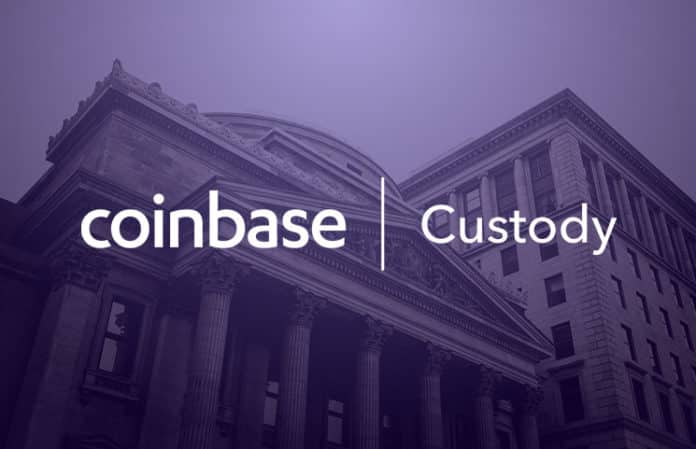2889Views 0Comments

Vitalik Buterin, The Ethereum Creator Proposed Wallet Gas Fee for Transactions To Fund Developer
The creator of the ethereum blockchain project, Vitalik Buterin proposed a gas fee for users on the network for the purposes of supporting developers with sustainable funding. The news was confirmed through a tweet on 8th March. The tweet is:
“I propose we consider supporting a community norm that client/wallet devs can/should charge a 1 gwei/gas fee for taxes sent through their wallet, we don’t try to circumvent such fees, and we support protocol changes to make such fees easier (eg. abstraction enabling multisends)”
Gas is a measuring unit for computational work of operating transactions or smart contracts in the network of Ethereum where the kinds of transactions need a different volume of gas to execute. In short, the Gas price is the price of ETH a user wants to pay for every of gas which is measured in gwei. On the other hand, the gas limit refers to the maximum amount of gas a user will pay for a transaction.
Buterin wrote:
“At the cost of only increasing average user gas costs by [roughly] 7 percent, it would raise up to [$2 million per year] in sustainable, non-institutionally biased, market-based funding for client/wallet developers. For reference, that would cover all [Ethereum Foundation] grants to date … with room to spare.” He drew a broader picture of the proposed change by quoting that increasing an average user gas costs by around seven percent would raise up to $2 million per year in funding for wallet developers. He further added:
“To be clear, I am NOT advocating a norm *mandating* the 1 gwei fee. I am arguing for a norm discouraging overly complaining about and/or trying to circumvent the fee if/where it exists.”
There were mixed community responses towards Buterin’s proposal with one pointing that MultiBit, the bitcoin wallet had tried and failed to implement such a fee. His tweet says:
“Multibit [Bitcoin (BTC) wallet] tried this. It was an utter failure. Users were not willing to pay for something that was previously free. No one would upgrade. Eventually, the fee was removed. Without a good way to pay for support and engineering, development on the wallet stopped.”
Buterin said that the community feedback to his proposal “has been very encouraging” and hopes to see it included in ethereum wallets soon. He further added:
“I came up with the proposal after talking with economists at the Economics and Computation conference at Cornell last year … I’m hoping the proposal can be included soon,”

